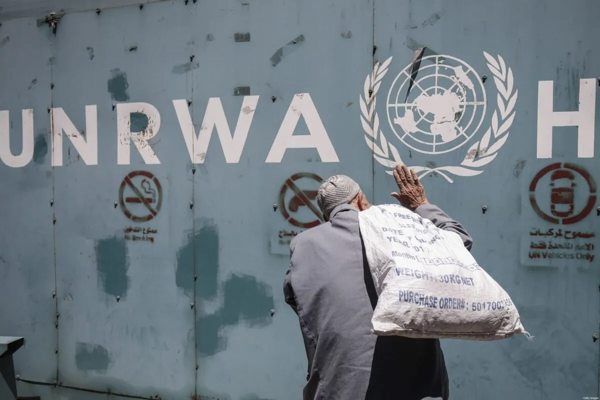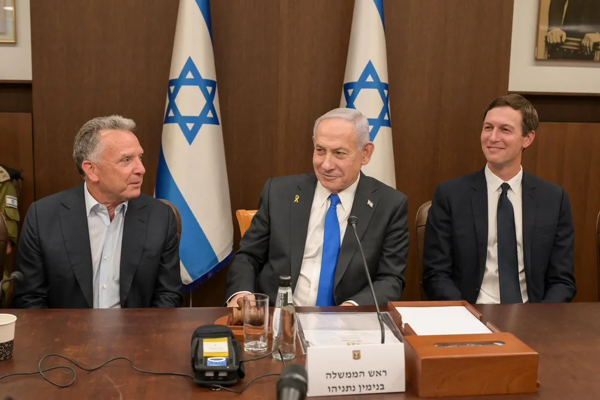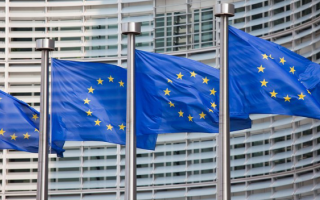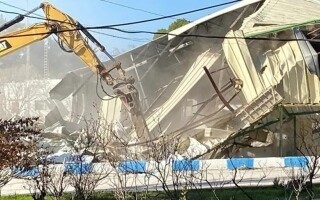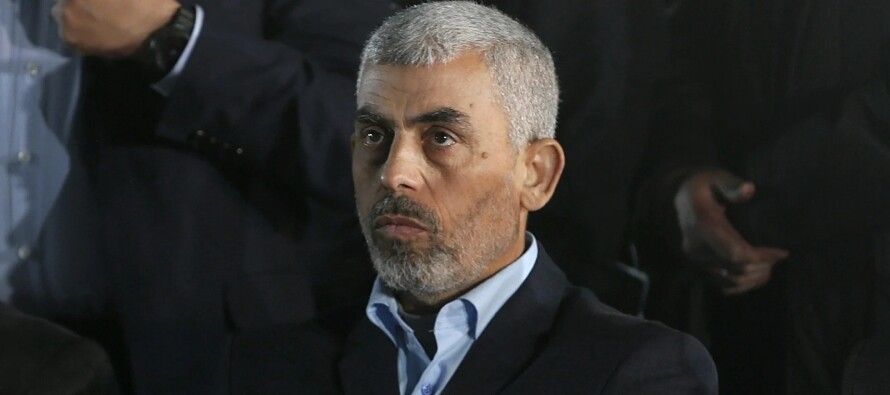
The death in combat of Yahya Sinwar, leader of Hamas, has generated mixed opinions. While for militant groups in the Arab world and the Palestinian orbit he is a "hero of resistance," for Israel and its Western allies, it marks the end of a "bloodthirsty terrorist." Sinwar, who had taken over the maximum leadership of Hamas in August, was killed on October 16 during clashes in Gaza.
Sinwar's tireless struggle earned him recognition from his followers as a martyr. His death has impacted Hamas, but the movement remains strong, according to some experts. For Israel, the elimination of Sinwar represents a strategic blow, although for moderate Palestinians, his image has been magnified after his death on the front lines.
For more than five years, Sinwar effectively led the Gaza Strip and planned attacks. Despite his image as an unyielding leader, his absence does not weaken Hamas, which has solid leadership and a unified group. The designation of a new leader might be postponed until March, as has been suggested.
Meanwhile, the Palestine Liberation Organization (PLO) expressed condolences for Sinwar's death, highlighting him as a "martyr" and symbol of the Palestinian cause. The history of Hamas has demonstrated its ability to adapt and endure under pressure, maintaining its struggle against the occupation.
The figure of Sinwar is magnified after his death, being seen by some moderate Palestinians as a hero on the front lines. Despite the loss it represents for Hamas, the movement continues on its path, demonstrating that it is designed to survive the onslaughts of its enemy.











